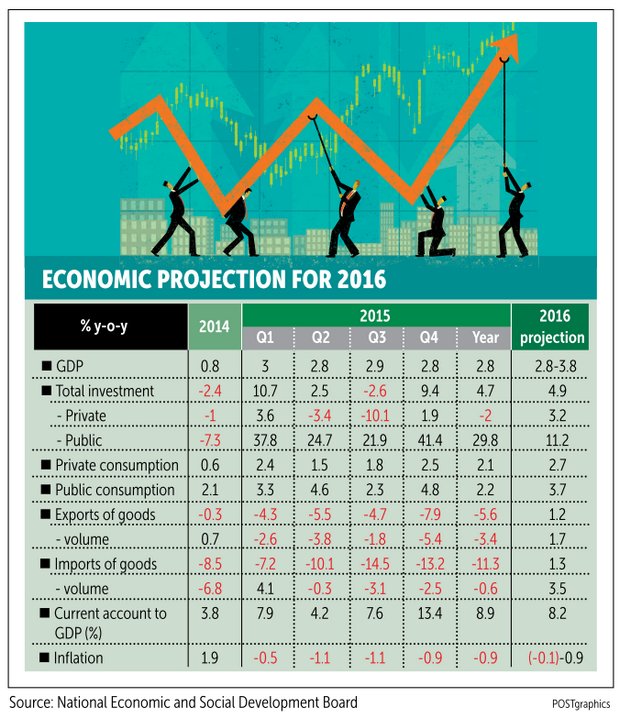Re: A Singaporean's guide to living in Thailand ? Feasible?
Chocs or sex for teens on Valentine's day? Interesting piece on lame efforts to address raging hormones in LOS :p
VENUS’ VISION
The heart is Cupid’s target, but his aim is often low
Veena Thoopkrajae
The Nation February 13, 2016 1:00 am
It’s expected these days that every Valentine’s Day will prompt urgent talk about teenage mothers. When I was growing up, the day was all about chocolates and flowers, but nowadays we can’t enjoy our sweets without dire warnings of unwanted pregnancy and sexually transmitted diseases.
There's a good reason, of course. The rate at which Thai teenagers and unmarried young women are becoming pregnant is alarming, certainly cancelling out idle talk about teens not being sexually active anymore.
The truth is that each year 19 per cent of our teens and young women become pregnant prematurely, a figure far above the global norm. In fact we have girls getting pregnant as young as nine. Eighty per cent of the teenagers didn't intend to get pregnant.
So we can set aside the notion that Thai teens are no longer keen on sex. We can also dispense with the thought that at least most are having safe sex now, because the number of kids contracting venereal diseases has doubled in the past five years.
The University of the Thai Chamber of Commerce conducted a survey and found that 8.5 per cent of teens expected to have sex on Valentine's Day. That number is blessedly way below the percentage hoping to receive flowers from a loved one (66.2) or some other form of gift (54.3), but there's still cause for worry. For starters, the volume of premature pregnancies is unlikely to shrink.
"If you want to have sex, you need to protect yourself, because if you get pregnant or get a disease, it will destroy you," one teen mum told her peers at a recent seminar on the topic. She'd learned her lesson at a high cost, but it's wonderful that she's out there advising others to avoid making the same mistake.
The inherent problem in Thailand's efforts to turn these trends around is that they're seasonal. We wait for Valentine's Day to talk about sex in the same way we don't panic about drunk driving until New Year's Eve. These prevention campaigns should be run - loudly - all year round. The issue of unwanted teen pregnancies is perennial in fact, not seasonal. It deserves more than an annual "mention" when Cupid's stringing his bow.
If there's a silver lining to the yearly discussion, it's that Thais in general no longer regard sex as a taboo subject. And most agree that schools have to improve their sex-education programmes.
We can't control the behaviour of young people, but we can supply them with sufficient protection. Teenagers tend to view their parents as virus-addled zombies and avoid them, but that doesn't absolve parents of the duty to instil in the kids a little wisdom and a lot of common sense. You have to be open about discussing sex with your offspring. Get the daughter on the pill and tell the son to carry a condom - just in case, of course. You're not encouraging them to have sex. You're underlining the risks involved.
In contrast, all a parent has to say to a youngster is, "Sex is bad", and that kid will be off in search of libidinal ecstasy. Like drugs, it will be pursued in secret - and probably with a bravado that shuns protection.
Society, led by the schools, has to make a greater effort to sort through the hormonal mess inside teenage brains enough to keep them on the right track. An obvious first step is to promote condom use, preferably by installing vending machines in schools, at least at the secondary schools and vocational colleges.
This will of course involve overcoming the mindset (shared by many educators) that condoms encourage sex. They should be shown - probably not for the first time - those statistics from the Public Health Ministry. Eighty per cent of teen mums don't intend to get pregnant. Thirty per cent of pregnant teens resort to abortion, while 10 per cent have the baby and then leave it at the hospital.
The ministry's Department of Health advises condom vending machines in educational institutes. Why isn't it happening?
Our current teen-pregnancy campaigns form an orchestra without a conductor, with all the musicians playing different notes. We have, for example, organisations accepting that teen sex is inevitable while the Cultural Surveillance Bureau holds out hope that religion will teach the kids the folly of their lusty ways.
Teenagers can't be faulted for tuning out the racket. If we want to revise the statistics, it won't happen through attempts to change the kids, but rather through everyone offering them the same calm, rational guidance. Then, hopefully, they'll have children of their own (when they're good and ready) and that generation won't grow up fretting about Valentine's Day, apart from a love of chocolate putting on a few kilograms.






 :p
:p




